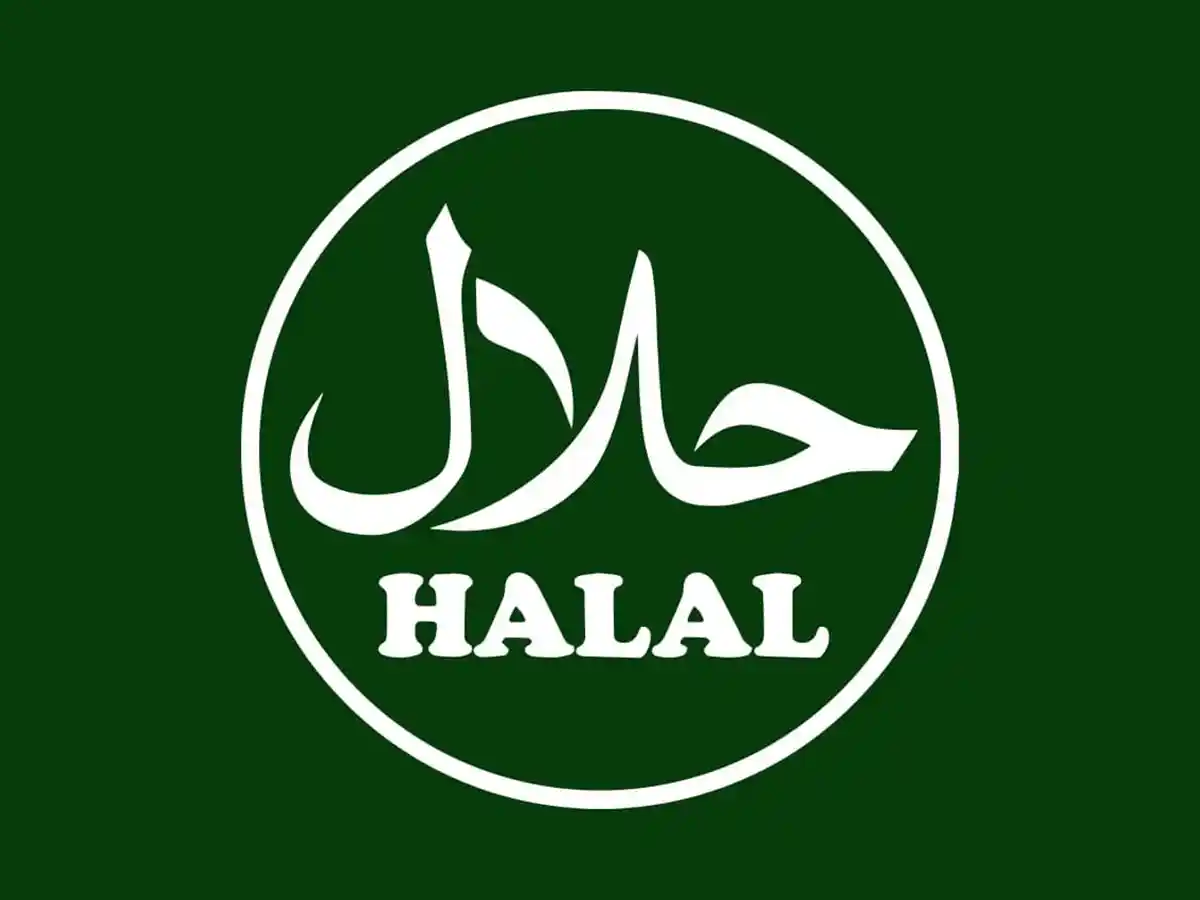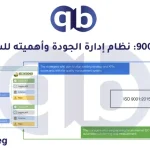Introduction
Halal Certificate
A Halal certificate is an official document that confirms a product or service adheres to Islamic law (Shariah). The term “Halal” translates to “permissible” or “lawful” in Arabic, signifying that the certified items can be consumed or used by Muslims without violating religious principles. This certification extends beyond food and beverages to include a wide array of industries, such as cosmetics, pharmaceuticals, and even logistics, indicating the broad scope of Halal compliance.
The Importance of Halal Certification
The significance of Halal certification cannot be understated. For Muslim consumers, it serves as a guarantee that the products they are purchasing align with their religious values. This is especially important when considering the global Muslim population, which is estimated to make up about 25% of the world’s population. Products with Halal certification can tap into this market by ensuring that their goods are produced and handled in a manner that respects Islamic guidelines.
Understanding Halal in Islam
In Islamic tradition, the concept of Halal is deeply rooted in scripture, specifically the Quran and Hadith. Halal refers to anything permissible under Islamic law, and this goes beyond just food—it encompasses every aspect of life. Halal food must meet specific criteria, such as being free from pork, alcohol, and other forbidden substances (Haram). Additionally, the process of slaughtering animals for consumption must follow specific guidelines known as “Zabiha,” ensuring the animal is treated humanely.
Halal vs. Haram: Key Differences
In Islam, actions, behaviors, and consumables fall into one of two categories: Halal or Haram. While Halal signifies what is permissible, Haram denotes what is explicitly forbidden. Foods that are considered Haram include pork and its by-products, alcohol, and animals that were not slaughtered in accordance with Islamic rites. Halal certification ensures that products are entirely free from any Haram substances or practices.
Industries that Require Halal Certification
While food is the most obvious sector for Halal certification, several other industries also require compliance with Islamic law. These include cosmetics, where ingredients like alcohol are commonly used, pharmaceuticals, which may contain gelatin or other animal-derived substances, and logistics companies that handle Halal-certified products. Even personal care items such as soaps and lotions can fall under scrutiny for Halal certification.
Halal Certification Process
The process of obtaining a Halal certificate involves several critical steps. First, the business must submit an application to a recognized Halal certification body. This is followed by an audit or inspection of the company’s production methods, ingredients, and handling processes to ensure they meet Islamic guidelines. The auditors often work closely with Islamic scholars to verify compliance. Once the audit is complete, and if all standards are met, the company is issued a Halal certificate, valid for a specific duration, usually one to two years, after which recertification is necessary.
Halal Certification Bodies
There are numerous Halal certification authorities worldwide, each responsible for ensuring businesses comply with Islamic law. Some of the most prominent include the Islamic Food and Nutrition Council of America (IFANCA), the Halal Monitoring Committee (HMC) in the UK, and JAKIM in Malaysia. Each organization has its guidelines, but all strive to ensure that products certified as Halal meet universally accepted Islamic standards.
الخاتمة
As the global demand for Halal products continues to rise, businesses seeking to enter this growing market must recognize the importance of obtaining a Halal certificate. By doing so, they not only comply with religious standards but also build trust with consumers, ensuring that their products meet the highest ethical and safety standards. Whether for food, pharmaceuticals, or cosmetics, Halal certification has become a vital part of ensuring inclusivity in today’s diverse global marketplace.



